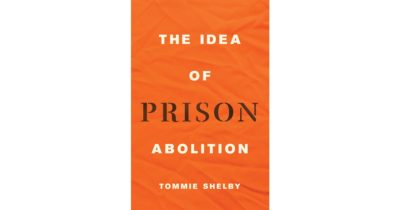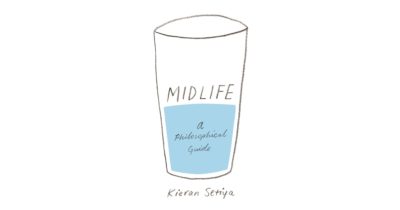I recently read The Idea of Prison Abolition, a book by Tommie Shelby collecting his remarks in the Carl G. Hempel Lecture Series at Princeton. It’s a book on a polarizing issue, and its conclusions will satisfy few participants.
But that need not trouble us.
Shelby isn’t an abolitionist. Rather, he sets out to study the work of abolitionists in order to draw philosophical and practical insights about prisons. He draws insights both for our society and for the better societies we seek to build. Along the way, he draws key distinctions and offers sympathetic criticism of abolitionism. He also situates abolitionism within both black Marxist and black radical traditions.
It’s a worthwhile project, and I’ll take an extended look at it. I’ll also say a bit about how it clarifies and expands upon what I wrote about prison abolition some time ago.




